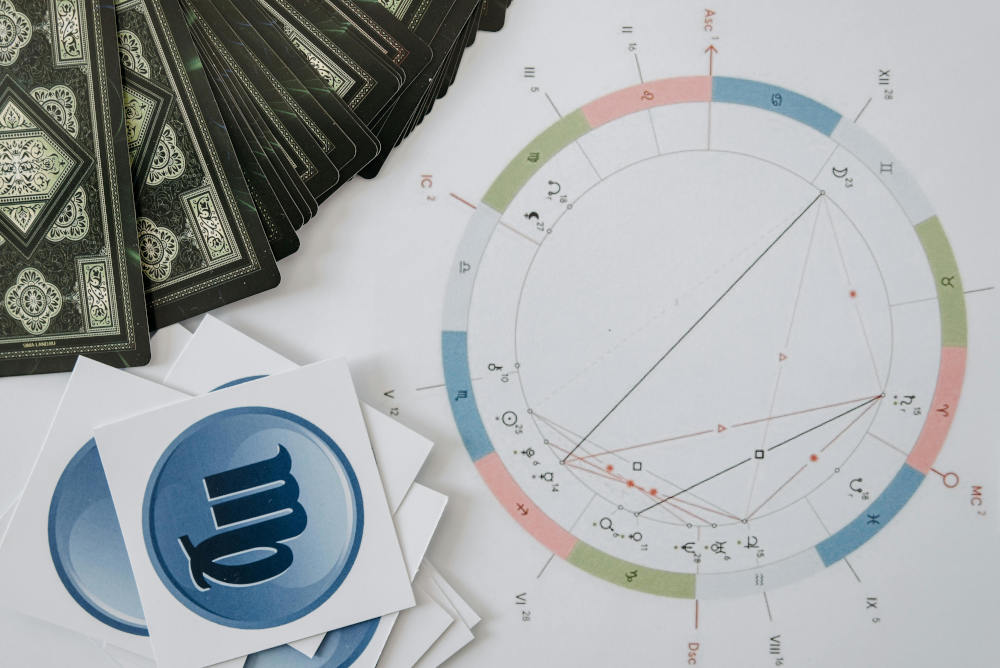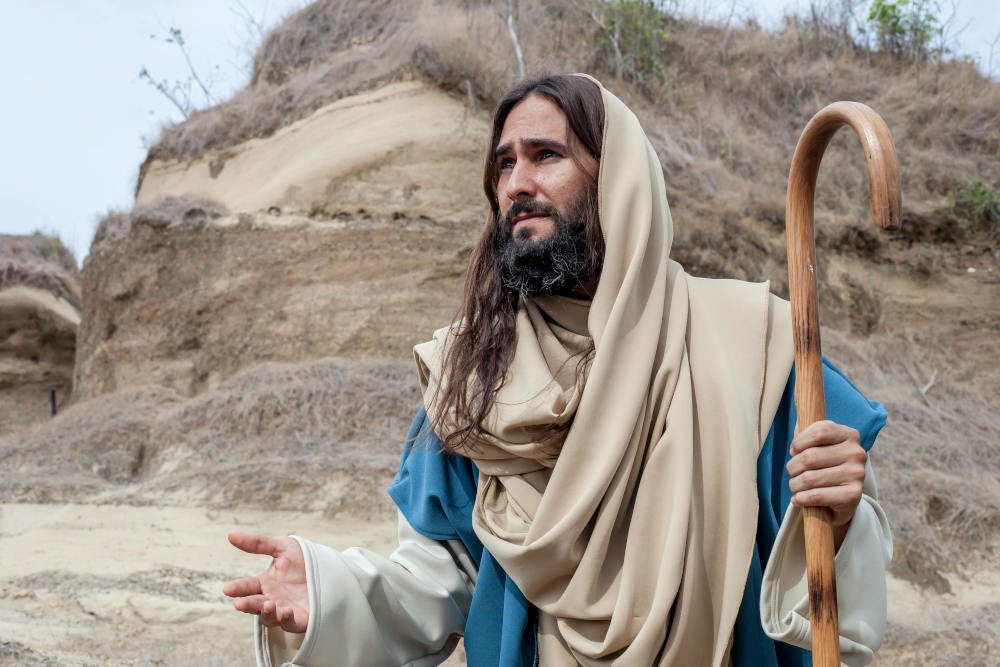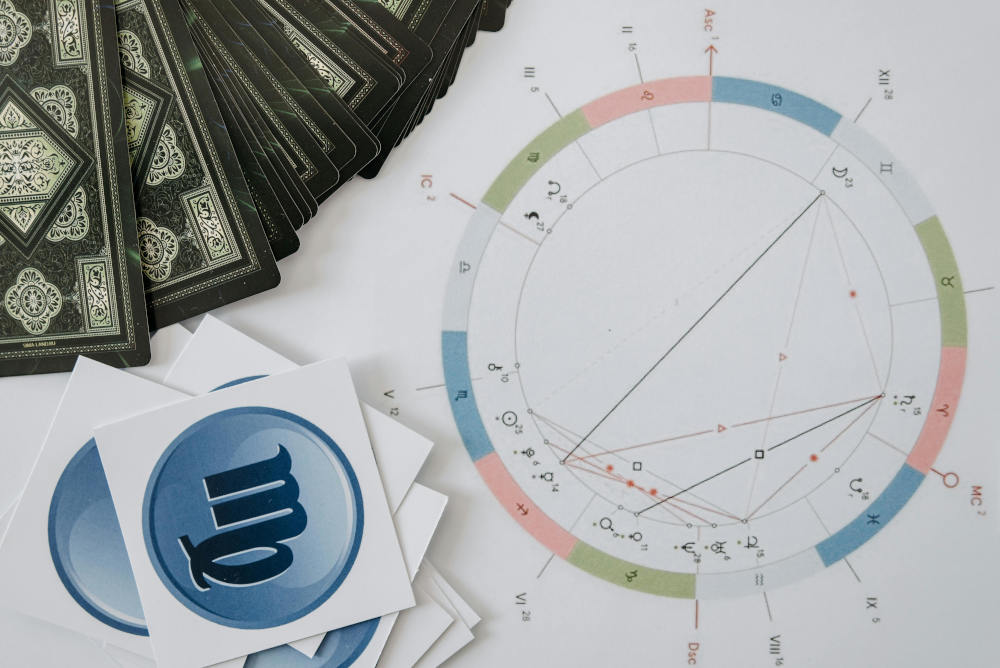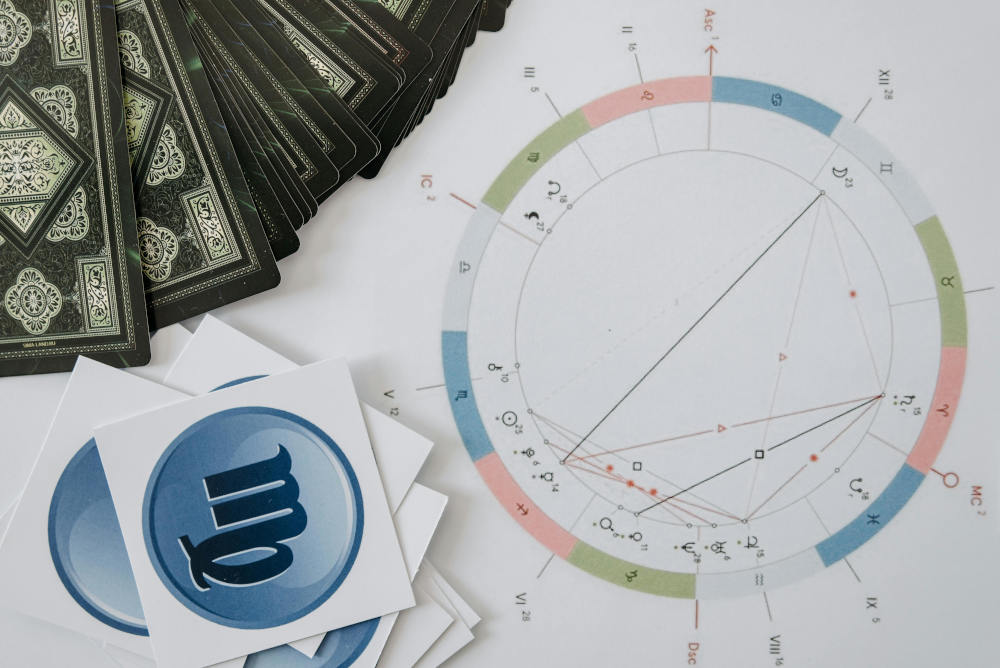
When you're in a meaningful relationship (or even just deeply curious about someone), one of the most common questions is: Will we end up together? It's an emotional question—one that carries hope, uncertainty, and longing. Many people turn to astrology for answers, looking to the stars for clarity about their romantic future. But how reliable is astrology when it comes to long-term relationship predictions?
In this article, we’ll break down how astrology evaluates relationship potential, what tools it uses to analyze long-term compatibility, and what it can realistically offer in answering the big question: Are we meant to be?
Panaprium is independent and reader supported. If you buy something through our link, we may earn a commission. If you can, please support us on a monthly basis. It takes less than a minute to set up, and you will be making a big impact every single month. Thank you!
Why So Many People Look to Astrology for Love Guidance
Love is one of the most powerful—and confusing—experiences we go through. When we’re falling for someone or unsure where a relationship is headed, it’s natural to want signs. Astrology provides a symbolic language to describe relationship dynamics and possible outcomes. For many, it offers a sense of comfort and structure in the emotional unknown.
Whether you're trying to figure out if you're just going through a rough patch or you're soulmates destined to be together, astrology promises insight that goes deeper than surface-level advice.
Can Astrology Really Predict If You’ll End Up Together?
The short answer: Not exactly.
Astrology isn’t a magical crystal ball. It doesn’t predict specific outcomes like, “Yes, you’ll be married in five years,” or “No, this will never work.” What astrology can do is offer a map of your relationship’s dynamics—how you connect, what challenges you might face, and whether the connection has long-term potential based on personality alignment and cosmic timing.
The key word here is potential. Astrology can show energetic patterns and possibilities, but not fixed destinies. You and your partner still have free will and make your own choices.
The Core Tools Astrology Uses to Analyze Relationship Potential
1. Synastry: Comparing Your Birth Charts
Synastry is the comparison of two natal (birth) charts. It helps astrologers see how two individuals interact on emotional, mental, physical, and spiritual levels.
Key things astrologers look at in synastry:
-
Sun-Moon aspects: Emotional harmony and understanding
-
Venus-Mars connections: Attraction and chemistry
-
Mercury aspects: Communication styles
-
Saturn connections: Long-term commitment potential
-
North Node contacts: Karmic or soul-purpose alignment
A relationship with lots of flowing (trine, sextile) aspects might feel easy and harmonious, while one with challenging (square, opposition) aspects could require more work but offer deep growth.
2. Composite Chart: The Chart of “Us”
A composite chart merges two natal charts into one, creating a single chart that represents the relationship itself.
In a composite chart, astrologers analyze:
-
The Sun sign of the relationship
-
The 7th house, which rules commitment and partnership
-
Aspects involving Venus (love), Mars (passion), and Saturn (stability)
The composite chart helps determine the relationship’s purpose and energy. A strong, supportive composite chart might suggest a relationship that has the foundation to last—if both people nurture it.
3. Timing and Transits
Timing is everything. Even if you’re highly compatible, your relationship may not flow smoothly unless the timing is right. Astrologers use transits (current planetary movements) and progressions (internal life cycles) to assess timing.
For example:
-
Jupiter transiting your 7th house: Brings opportunities for love and commitment.
-
Saturn conjunct Venus: May trigger questions about whether to commit or walk away.
-
Uranus affecting personal planets: Can cause sudden changes or breakthroughs.
The right relationship at the wrong time can feel like it’s falling apart, but astrology can explain why—and when things might stabilize.
Signs in the Birth Chart That Suggest Long-Term Potential
If you’re wondering whether you'll end up together, here are some positive indicators astrologers look for in charts:
1. Strong Saturn Aspects
Saturn is the planet of responsibility, structure, and long-term commitment. In relationship astrology, strong Saturn aspects (like Saturn trine Moon or Saturn conjunct Sun) are seen as stabilizing influences that can keep couples together through tough times.
2. Harmonious Venus and Moon Connections
Venus rules love and affection, while the Moon rules emotional security. If your Venus makes soft aspects to your partner’s Moon—or vice versa—you likely feel safe, understood, and valued in the relationship.
3. Supportive North Node Connections
The North Node represents your soul’s growth path. When your partner’s planets align with your North Node (especially the Sun, Moon, or Venus), the relationship might feel fated, as if it’s part of your life journey or spiritual evolution.
4. Personal Planets in the Other’s 7th House
The 7th house in astrology rules committed partnerships. If your partner’s personal planets (like the Sun, Venus, or Mars) fall in your 7th house, it often signals a deep connection and long-term romantic potential.
Signs of Possible Challenges Ahead
Astrology can also indicate potential areas of conflict. These don’t mean a relationship will fail—but they do point to areas that need attention.
1. Hard Saturn Aspects
While some Saturn influence is helpful, too much restriction or control (especially Saturn square Moon or Venus) can feel suffocating or cold if not balanced by affection and emotional openness.
2. Clashing Moons or Mercury Signs
If your Moon signs are in incompatible elements (like Air vs. Water), emotional needs may be misunderstood. Difficult Mercury aspects can lead to frequent miscommunication or feeling unheard.
3. Lack of Synastry Aspects
A relationship with few significant planetary aspects might struggle with connection or purpose. It can feel flat or uninspiring, even if there’s initial attraction.
Again, these are patterns—not fate. Many couples overcome difficult astrology with love, effort, and mutual understanding.
The Role of Free Will in Love and Relationships
Astrology shows possibilities—but it doesn’t override personal choice. You and your partner ultimately decide whether or not you’ll stay together.
For example:
-
A couple might have beautiful, harmonious charts but drift apart because of life circumstances.
-
Another might have difficult aspects but stay committed through mutual effort, respect, and love.
What matters most is how two people respond to what’s in their charts. Are you willing to grow together? Are you both emotionally available? Are you aligned in values and life goals?
What If the Astrology Says You're Not Compatible?
This is where astrology can be misused. If you’re told “your charts aren’t compatible,” it can create unnecessary fear or doubt.
The truth is:
-
No chart is perfect—every couple has challenges.
-
Astrology should empower you, not limit you.
-
Relationships are dynamic—they grow and shift over time.
Sometimes, what looks incompatible can actually be the exact thing you need to evolve. Some of the strongest couples have challenging charts because they push each other to become better versions of themselves.
When Astrology Helps the Most in Relationships
Here’s when astrology can be especially helpful:
-
Understanding each other better: How you both show love, process emotions, or handle stress.
-
Timing major decisions: When’s the best time to commit, move in, or take a break?
-
Identifying growth areas: What patterns keep repeating in your relationship? Are you growing together or apart?
-
Deciding if the effort is worth it: If your charts suggest deep soul alignment but require hard work, are you both ready for that?
Used with wisdom, astrology becomes a mirror for self-awareness—not a prediction of doom or fairy tale.
So... Will You End Up Together?
Astrology can’t say yes or no with certainty. What it can tell you is:
-
The energetic potential between you
-
The patterns you’ll face as a couple
-
Your emotional and karmic alignment
-
When opportunities or challenges may arise
The final outcome depends on what you do with that information. Relationships are built in the present, with choices made every day—not determined solely by stars from the past.
Final Thoughts
If you’re asking “Will we end up together?”, astrology can provide powerful insight—but not final answers. It’s a tool for clarity, not a crystal ball.
Here’s what to remember:
-
Look at your charts as a guide, not a rulebook.
-
Use astrology to strengthen understanding, not to make decisions for you.
-
Don’t forget your intuition and real-life connection. How you feel with this person matters more than what a chart says.
The universe might show the potential—but you and your partner are the ones who create the outcome.
Was this article helpful to you? Please tell us what you liked or didn't like in the comments below.
About the Author: Alex Assoune
What We're Up Against
Multinational corporations overproducing cheap products in the poorest countries.
Huge factories with sweatshop-like conditions underpaying workers.
Media conglomerates promoting unethical, unsustainable products.
Bad actors encouraging overconsumption through oblivious behavior.
- - - -
Thankfully, we've got our supporters, including you.
Panaprium is funded by readers like you who want to join us in our mission to make the world entirely sustainable.
If you can, please support us on a monthly basis. It takes less than a minute to set up, and you will be making a big impact every single month. Thank you.































0 comments